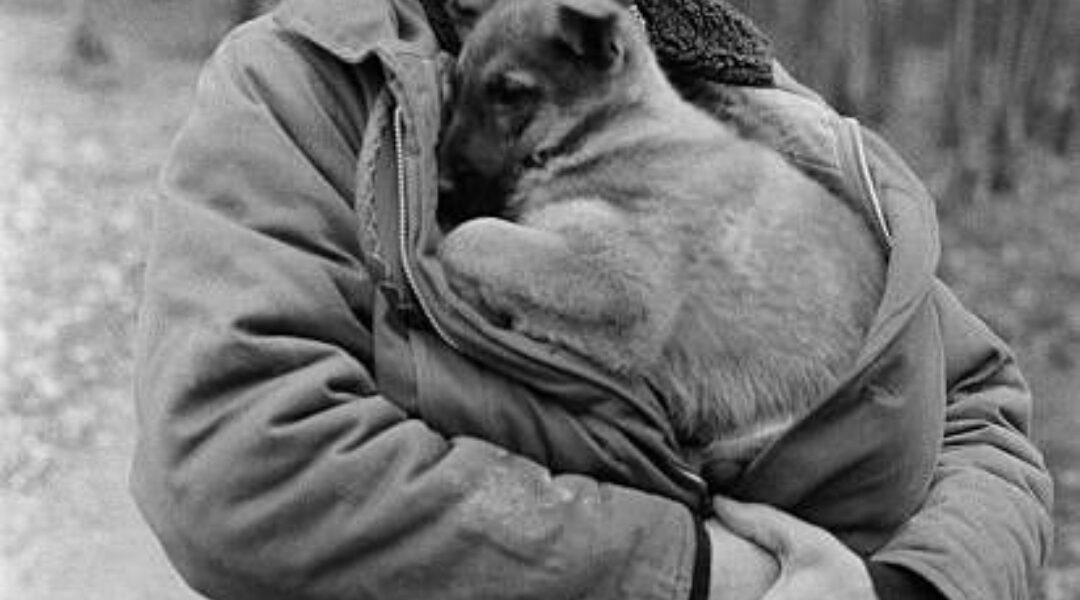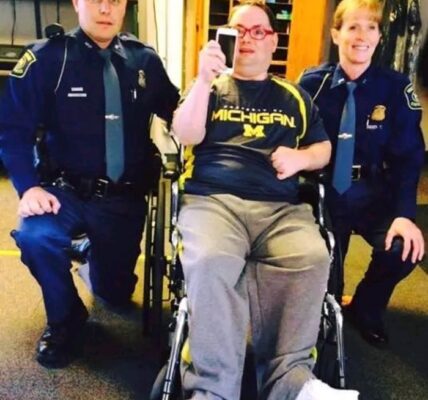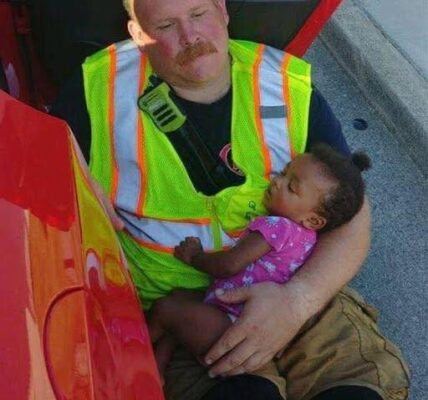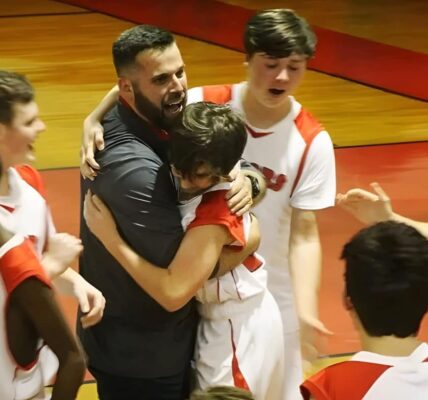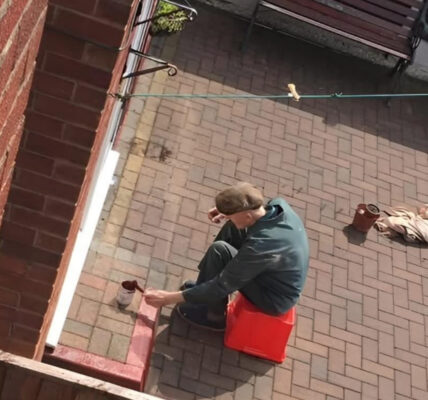
The world remembers Alain Delon as a symbol of elegance — the piercing blue eyes, the timeless face, the screen presence that defined an era of French cinema. But behind the fame, the awards, and the charm, lies another legacy — one built not on movies, but on mercy.
From a young age, Delon carried a tenderness for those who could not speak — especially animals. As a boy, he would walk the streets of France in an old army jacket, the pockets filled with scraps of bread for stray dogs. “They reminded me of children,” he once said. “Innocent. Trusting. Always hopeful for kindness.”
That kindness never left him. Today, at 86, Alain Delon’s home in Switzerland is filled with life — eight dogs and several cats roam freely through the gardens and hallways. Beyond his walls, he runs five animal shelters, giving refuge to hundreds more once abandoned or abused.
“I don’t know if my dogs understand that I am Alain Delon,” he once laughed softly. “But I don’t think they care. They love me for who I am when I’m with them — not the actor, not the legend — just me.”
That love runs both ways. Years ago, when he learned that a dog named Mambo had been doused in gasoline and set on fire by a group of sadists in the Pyrenees, he did more than feel outrage — he acted. Delon sent his own veterinarian to care for the animal, hired lawyers, and pressed for prosecution. The result made history: for the first time in France, a judge ordered that the injured dog be present in the courtroom — not as evidence, but as a victim.
Delon didn’t stop there. He began lobbying for animal rights reforms and even proposed that abused animals should have legal representation — their own lawyers. The perpetrators of Mambo’s torture were sentenced to long prison terms. “Justice,” Delon said quietly, “isn’t only for humans.”
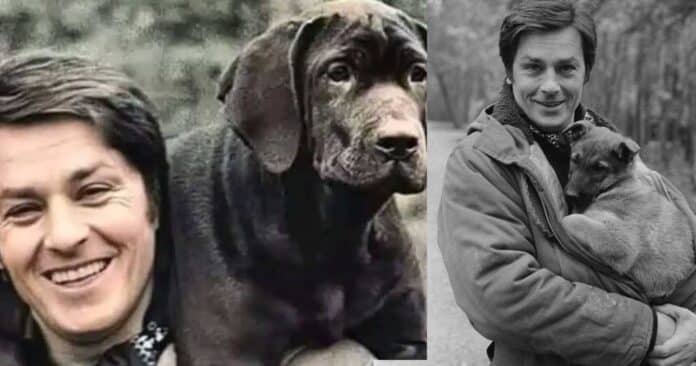
His love for animals has always been deeply personal. His first dog, a Doberman named Gala, taught him a lesson he would carry for life. “Once, as a child, I yelled at her — even hit her tail,” he recalled with regret. “She sat up and looked at me… and I saw tears in her eyes. I never forgot that moment. Since then, I’ve tried to make my dogs smile instead.”

Behind his mansion lies something even more telling — a cemetery for the 45 dogs who have shared his life. Each grave is marked, each name remembered. In the center, a small chapel stands surrounded by flowers and trees. When asked about it, Delon replied simply, “That’s where I’ll rest one day — among them. It’s the only place that feels like peace.”
But his compassion extends far beyond memory. When he once heard about a cat whose leg had been ripped off after being tied to a car, he didn’t hesitate — he sent a helicopter to rescue it. That three-legged cat now lives happily in his home, alongside another three-legged rabbit, both safe under his care.

“To love animals,” Delon says, “is to understand what loyalty really means. They forgive, they trust, they love without thinking. It’s love without condition — the kind we humans spend our whole lives searching for.”
He works closely with Brigitte Bardot and the Society for the Protection of Animals, using his fame not for vanity but for voice — to speak for those who cannot.

And perhaps that is the truest portrait of Alain Delon — not the movie star framed in black-and-white, but the man kneeling beside a wounded animal, whispering gently, “You’re safe now.”
Because in a world too often defined by cruelty, Alain Delon reminds us of something simple, profound, and beautifully human:
“In this life,” he says, “whoever you are — be one of the good ones.”
